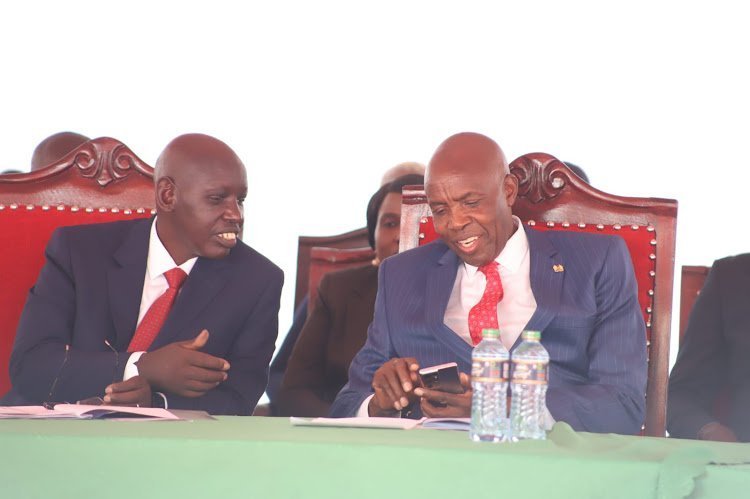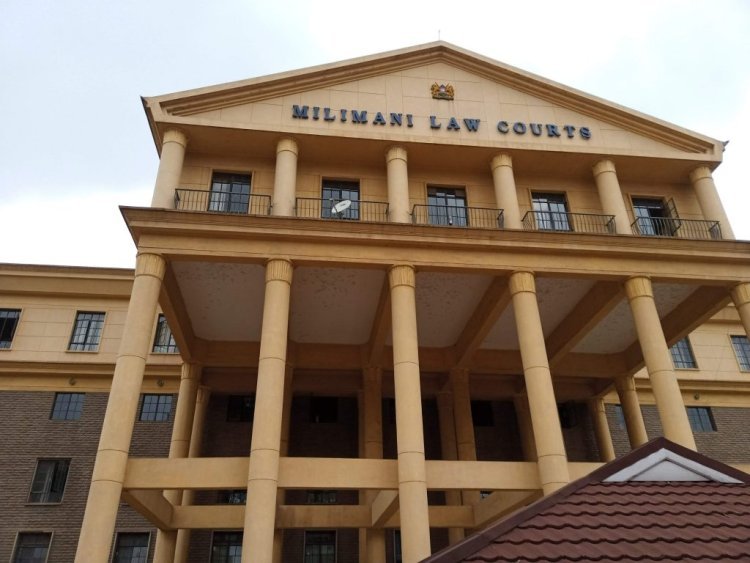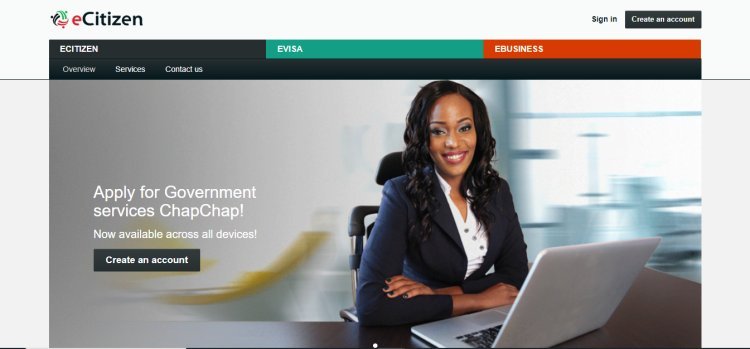Court Extends Suspension Of Govt Directive To Pay School Fees Via eCitizen
Justice Chacha directed the case to proceed for mentioning on April 17, 2024

The High Court has extended conservatory orders suspending the government directive that all parents and guardians whose learners are in national schools make payments through the eCitizen platform as directed by the Ministry of Education.
While delivering the ruling, Justice Chacha Mwita of the Milimani Law Courts in Nairobi stated that the government would not be prejudiced by the orders pending the hearing and determination of the case.
Justice Chacha directed the case to proceed for mentioning on April 17, 2024, offering relief to parents ahead of half-term breaks and the commencement of the second term.
Meanwhile, the Law Society of Kenya (LSK) and Kenya Union of Post-Primary Education Teachers (KUPPET) have been enjoined in the matter as interested parties in the case which was set to be heard today before its postponement.

Outside the Milimani Law Courts. /FILE
A doctor from Nakuru County, Magare Gikenyi on Tuesday, February 6 moved to court seeking orders to have the directive quashed.
On Wednesday, February 7, Justice Mwita suspended the circular by Education Principal Secretary Belio Kipsang pending further directions to be issued in the case.
"That an interim conservatory order is herby issued suspending the Circular or letter by the Principal Secretary (Belio R Kipsang), Ministry of Education dated 31st January 2024, requiring parents/Guardians and or students to pay fees and or any other levies for all government learning institutions through e-citizen platform or any other Digital platform(s) until 13th February 2024, when the court will issue further directions in this petition," read part of the court order.
Gikenyi, a consultant trauma and general surgeon working for the county government of Nakuru, had moved to court to challenge the initiative which he termed illegal, arguing that it violated the principles of good governance.
According to him, parents in rural areas who had been accustomed to paying school fees via non-monetary means (trading maize and beans to the school) will be “locked out through this unfair administrative action.”
On Wednesday, President William Ruto while addressing a delegation in Tokyo, Japan stood by the decision to compel parents to pay school fees through the unified government platform, arguing that it was geared at ensuring transparency and well-judged use of funds for the benefit of learners.
“You may have heard the latest about school fees in Kenya, or money paid by parents for example in boarding schools. We provide resources for learning in all our primary and secondary schools through what parents pay," Ruto stated.
“We are insisting because we realised there are illegal levies charged by the board of management of schools that go into accounts that nobody knows, we have insisted that all monies charged to Kenyans must be transparent.”
A letter addressed to all principals dated January 31, 2024, by PS Kipsang revealed that the new form of payment, which is in line with the government's directive to consolidate all platforms through pay bill number 222222, was to begin to take effect on Tuesday, February 6.
"The directorate of e-Citizen in partnership with the Information Communication Technology Authority (ICTA), Ministry of Information, Communication and the Digital Economy and the National Treasury have been coordinating the onboarding of all government services onto the E-citizen platform to enhance service delivery.
"As part of compliance with the requirements, it is directed that parents/guardians make fee payments for their learners in your institutions through this platform," the letter read in part.
The school heads were therefore asked to provide the respective particulars of their schools to be aligned with the government system. Expected from the principals included the institutions' bank details such as account name, bank, account number, bank code, and branch code.


 admin
admin 




